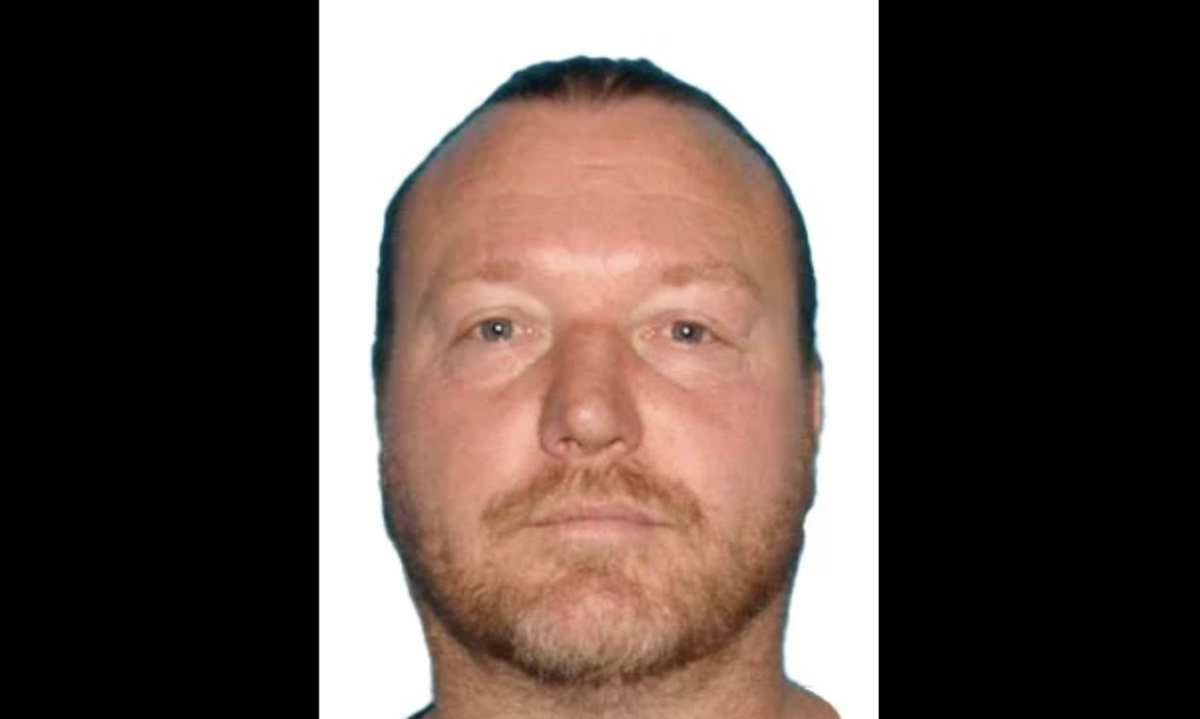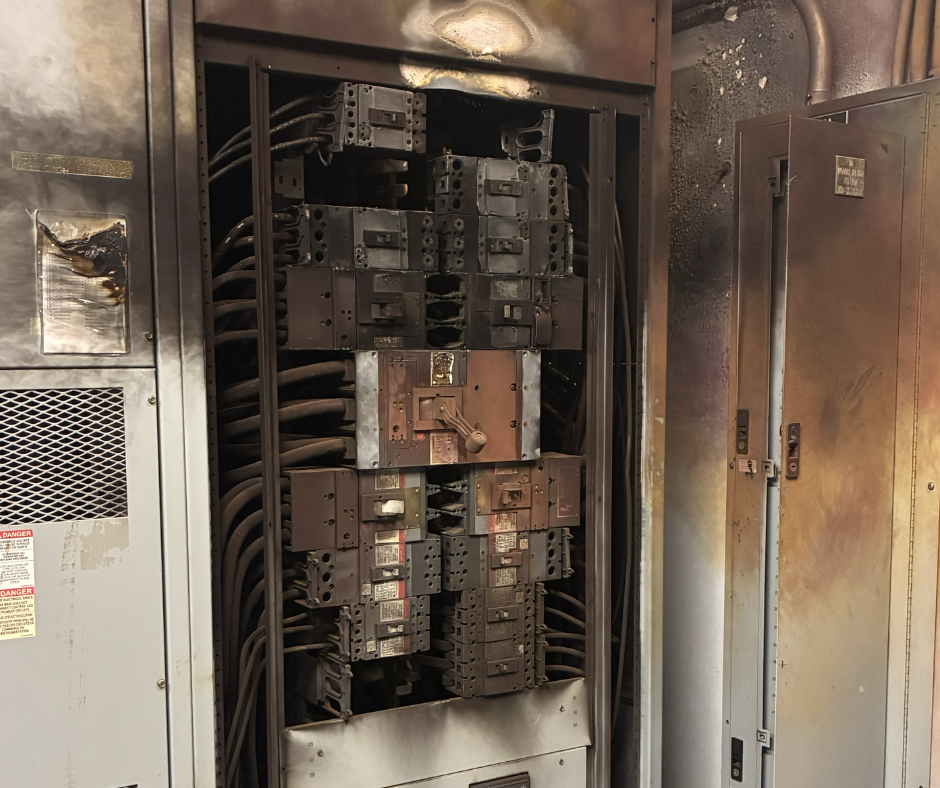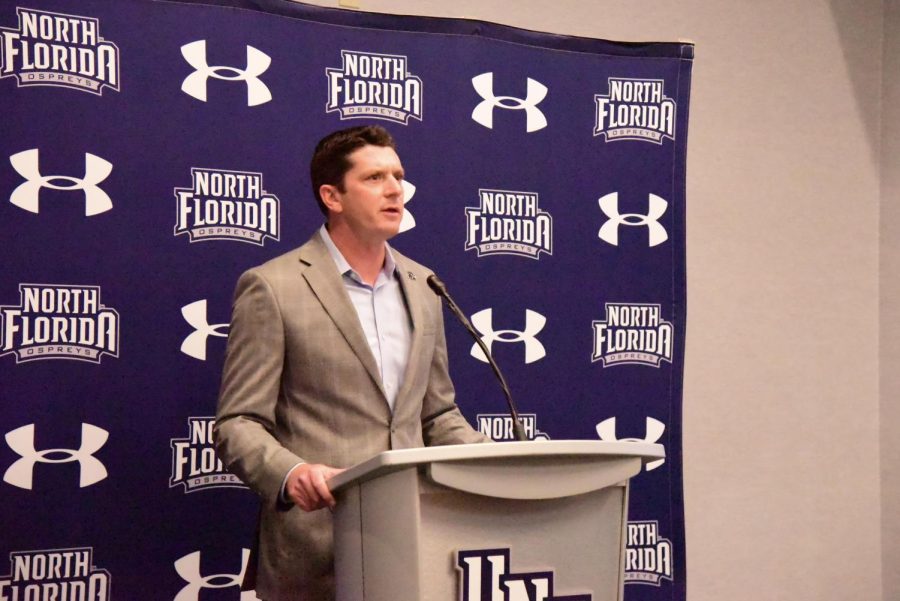As the Ukrainian military works to fend off Russian forces, displaced people and journalists need aid; University of North Florida (UNF) students can help.
Spinnaker spoke with UNF Professor Dr. Nataliya Roman and Professor Anna Miller, both originally from Ukraine, about how to best assist Ukrainians directly impacted by the conflict.
Prior to the conflict, two-thirds of Ukrainian civilians lived in Kharkiv, Kyiv and Mariupol, according to the New York Times. Besides fleeing to other countries, they’re also fleeing to other areas of Ukraine. However, safety is not a guarantee.
“You won’t be safe there 100% because Russians can shoot rockets, and they can land anywhere in Ukraine,” said Dr. Nataliya Roman. “Even if you leave the area where intensive fighting is going on, you can still get hit.”
Organizations, such as Meest, provide humanitarian aid for IDPs within Ukraine by sending medical supplies directly to civilians and hospitals.
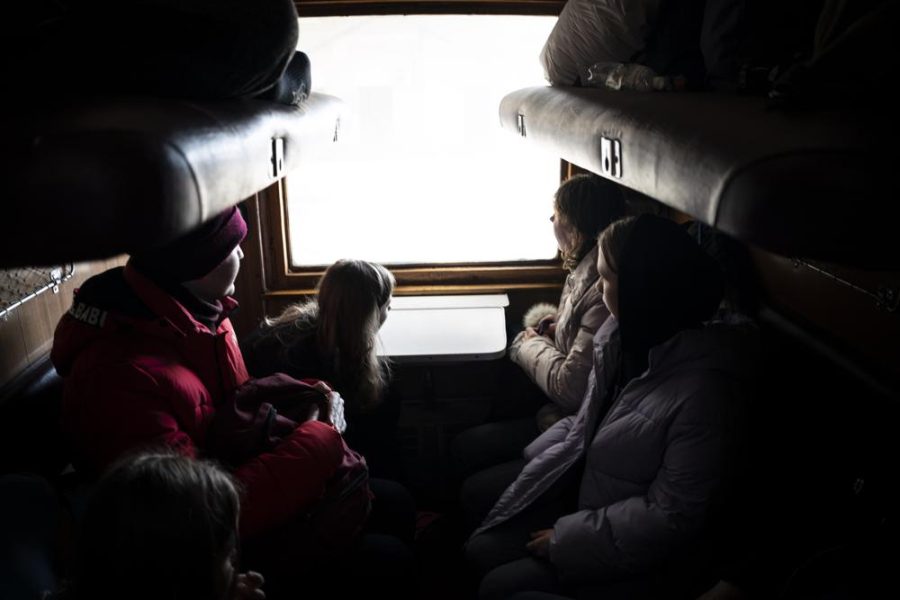
Ukrainian armed forces are similarly in need of medical supplies, equipment and funds. The Ukrainian Freedom Fund, backed by the U.S.-Ukraine Business Council, efforts to offer aid and support for military personnel and their families.
Other organizations in Ukraine are working to combat Russian forces. Oborona, a Ukrainian volunteer army, is also in need of supplies and aid. Professor Anna Miller is an artist selling her paintings to support Oborona and other organizations that help people fighting for the country.
“Some of my personal friends, their husbands and brothers and in-laws are in Oborona, so they ask me, personally, for help,” said Miller. “I know these people very well.”
According to data collected by the United Nations, at the time of writing, approximately 3.6 million refugees have fled the region. Poland is a popular and accessible destination where Ukrainians are issued refugee status and health care, while Hungary and Romania have also taken in refugees. The U.S. does not currently have a refugee program for Ukrainians, but efforts are being made to allow more Ukrainians into the United States.
Refugees who arrive in another country face a new set of challenges: If they don’t have a stable income, they may have no way to afford housing, Dr. Roman explained.
“Many of these women who escaped have kids, and so you cannot just go and work immediately because they have kids to watch, so it’s a desperate situation,” said Dr. Roman.
With danger in Ukraine mounting each day, and refugees continuing to flood into neighboring countries, governments may soon become overwhelmed with the influx of new people.
One way students can help those affected is to urge American government officials to create a Ukrainian refugee program. These efforts may help alleviate European countries of some financial burdens created from supporting mass immigration if this conflict continues long-term.
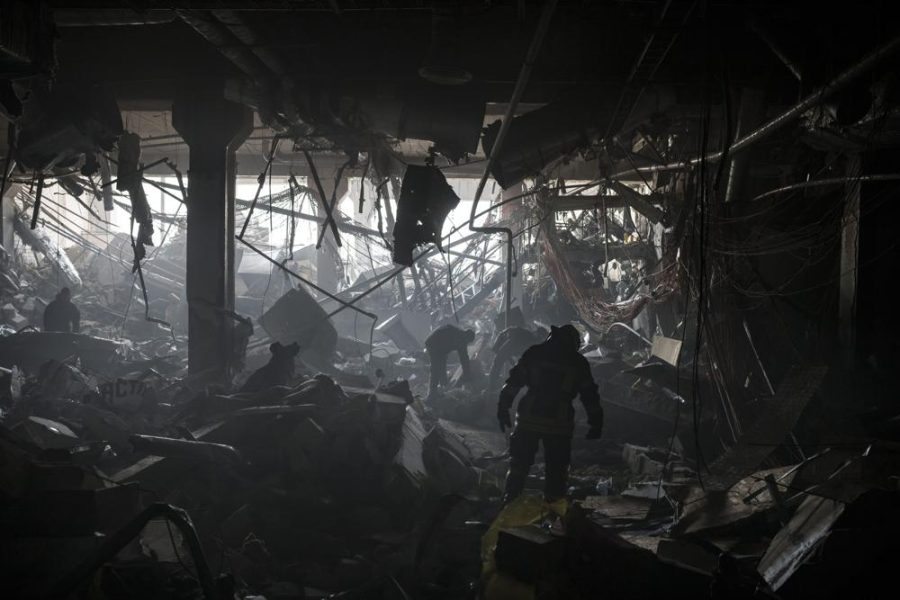
Journalists are also in need of support during this crisis. As Russia spreads misinformation about the war, accurate journalism is paramount. On March 1, Russian forces targeted a TV tower in Kyiv with bombs, shown in a video featured on CNN. The strike temporarily halted broadcasts and limited Ukrainian citizens’ access to news.
Ukrainian journalists working to inform those still residing in Ukraine have been met with Russia’s continued efforts to halt them. Hromadske, a non-profit public broadcasting network, takes donations to continue delivering information to civilians.
“[Ukrainian journalists] are reporting from bomb shelters,” Dr. Roman explained. Her former classmate is a journalist who spent roughly five days working out of a bomb shelter to provide the country with news on current events.
Some journalists are on the front lines of the war in pursuit of providing information to the public.
Ukrainian broadcast networks have pooled together to provide news because it is difficult for one station to provide 24/7 coverage and confirm facts while simultaneously sheltering.
The people of Ukraine are uncertain about how long this war will last and if they will get to return to their homes. If they can return, Ukrainians will need aid to rebuild what was damaged and lost. If they cannot return home, they will need the world’s support.
___
For more information or news tips, or if you see an error in this story or have any compliments or concerns, contact editor@unfspinnaker.com.








